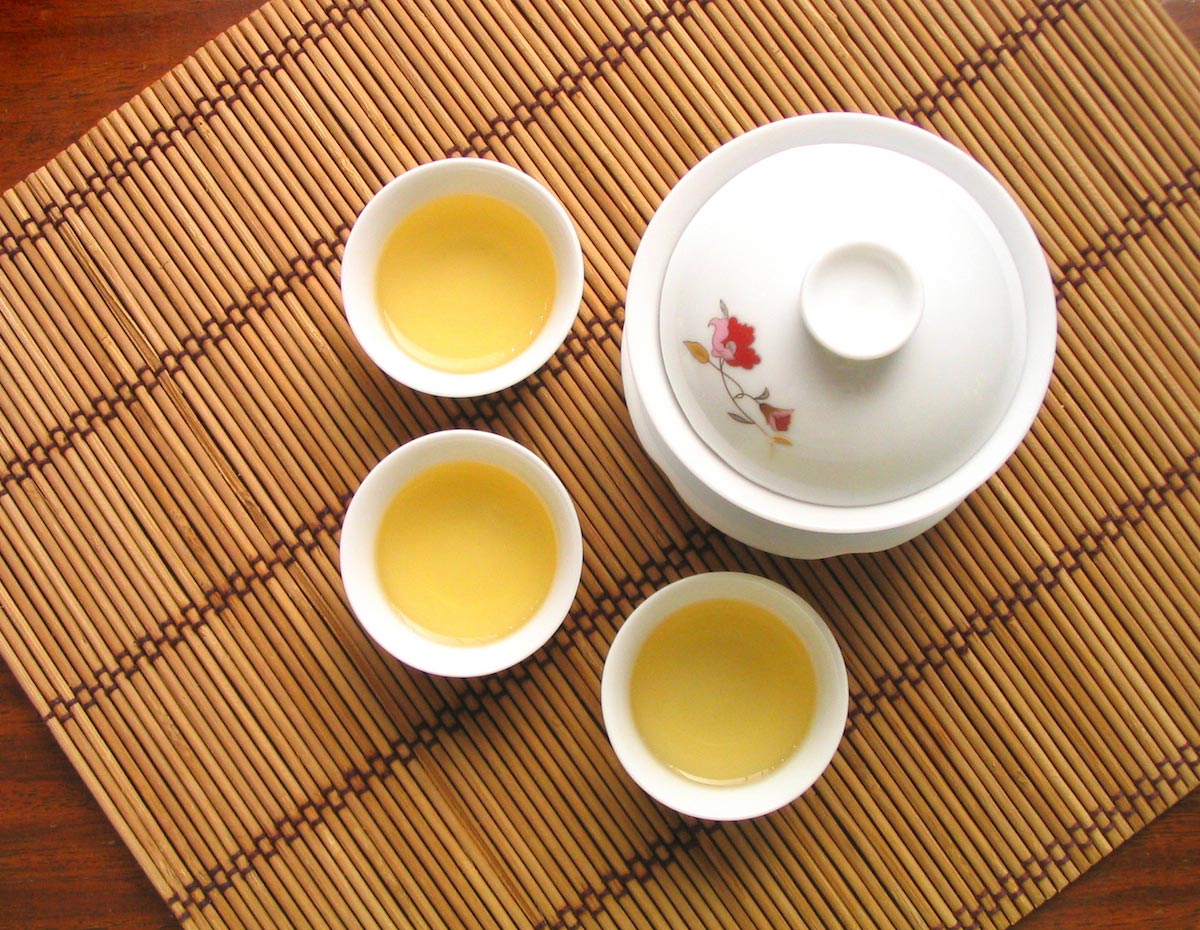Enjoy a lion’s share of health benefits by adding Lion’s mane mushrooms to your diet
07/16/2020 / By Divina Ramirez

Herbs, fungi and other medicinal plants are popular treatments in the realm of natural medicine. In particular, a mushroom called lion’s mane (Hericium erinaceus) can offer a host of health benefits, from sharper brain function to better heart health.
Long used in traditional Chinese medicine, lion’s mane has been hailed for its anti-microbial, immune-boosting and brain-boosting properties thanks to health-promoting substances, such as antioxidants and beta-glucan.
Lion’s mane can be found in the forests of North America, Europe and Asia in the summer and fall. It usually grows on dead or dying hardwood trees and logs, including beech, birch, maple, oak, sycamore and walnut.
Benefits for brain health
Research on the specific health effects of lion’s mane is still quite limited; however, findings from animal-based research, test-tube studies and small clinical trials indicate that lion’s mane does confer certain health benefits.
Some of this mushroom’s most prominent benefits are linked to brain health, and for good reason. It is thought that Buddhist monks consumed lion’s mane as an herbal tea for centuries to boost their concentration for better meditation.
Longtime fungi expert and founder of Fungi Perfecti and Host Defense Mushrooms Paul Stamet also affirmed that lion’s mane might just be the first “smart mushroom” capable of boosting brain functions, including memory and attention.
On that note, here are four science-backed benefits of lion’s mane for better brain health:
Boosts cognitive function
Lion’s mane can significantly boost cognitive function in people with mild cognitive impairment (MCI), according to a study published in Phytotherapy Research in 2009.
For the study, the researchers had 30 older adults that already had MCI take either a lion’s mane extract or a placebo every day for four months. Subsequent follow-ups showed that those in the lion’s mane group did considerably better in tests designed to measure cognitive function compared to those in the placebo group.
Experts speculate that the mushroom’s neuroprotective effects could be due to compounds in the fungus that help regenerate myelin, the fatty layer coating neurons for better neural communication and better protection against cellular damage.
Stimulates neural regeneration
Unstable molecules called free radicals can cause inflammation and damage neurons. In addition, other harmful biological agents can also cause cell death in the brain, resulting in impaired cognitive function or mental decline.
One of the reasons lion’s mane is hailed as a so-called smart mushroom is because of its ability to stimulate the regeneration of neurons in both the central and peripheral nervous systems.
This ability is often attributed to the unique compounds hericenones and erinacines that cross the blood-brain barrier to stimulate the repair of damaged neurons and promote neural regeneration.
Protects against dementia
Preliminary studies also suggest that lion’s mane may help protect against dementia. One 2011 study published in Biomedical Research found that the consumption of lion’s mane helped protect against memory problems in mice due to the buildup of amyloid-B, a substance linked to dementia.
In this study, mice who had been feed lion’s mane were observed to be better able to remember the layout a maze, even after having been injected with amyloid-B.
Curbs symptoms of anxiety and depression
Lion’s mane can also help curb symptoms of anxiety and depression, according to a 2010 study published in Biomedical Research.
The study showed that the consumption of lion’s mane led to reduced depression and anxiety in menopausal women. The mushroom was observed to be particularly strong in lowering anxiety, reducing feelings of “irritation” and enhancing concentration in the participants. (Related: Lion’s mane lives up to its reputation as a great natural mood enhancer.)
Benefits beyond brain health
Like most medicinal mushrooms, lion’s mane boasts other therapeutic effects on top of its benefits for brain health.
For the most part, these therapeutic effects can be traced back to the mushroom’s health-promoting nutrients and substances, including fiber and antioxidants.
Here is a quick run-through of the other reported health benefits of lion’s mane:
- Inhibits the spread of cancer cells
- Protects against blood clots that can cause pain and inflammation
- Reduces the number of fats and cholesterol in the bloodstream
- Stimulates fat metabolism
- Promotes faster healing
Lion’s mane is a medicinal mushroom that offers a range of benefits for brain health and overall health. Eat them as part of a balanced diet to make the most of their brain-boosting properties and therapeutic effects.
Read more articles about medicinal mushrooms and other medicinal plants at NaturalMedicine.news.
Sources include:
Tagged Under: #nutrition, alternative medicine, beatdepression, biomedical research, brain health, dementia prevention, disease treatments, food cures, food is medicine, functional food, Fungi, future science, lion's mane, medicinal plants, Mushrooms, natural cures, natural ingredients, natural medicine, nutrients, organics





















